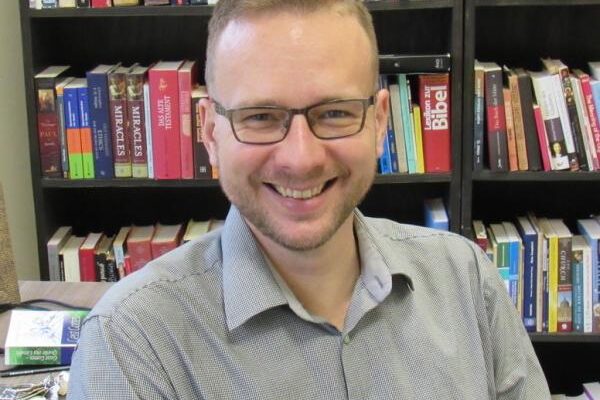
Re-reading Exodus (liberation from slavery and oppression, 1-15) amid the Social Revolution of Myanmar
My name is HtetPaing YeMaung. I am originally from Myanmar and currently live in the Netherlands. I grew up in a local Burmese Baptist church and have studied theology since graduating high school. The title of my PhD research is “Re-reading Exodus 1:1-15:21 amid the Social Revolution of Myanmar.”
I believe in Jesus’s teaching of non-violence, and I also have a strong belief in human rights and social justice. But then, an internal challenge emerged within me. In 2021, the military leaders staged a coup in my country, detaining the president and the state counselor (the de facto head of the federal government), along with other politicians. How should I respond to social injustice and political oppression as a Christian? I have witnessed that peaceful protestors were brutally arrested, tortured, and murdered. Millions of people become refugees. Young people no longer have human rights, dignity, and freedom. It makes many people join ethnic armed revolution groups and take arms to fight against the military for liberation. They do not believe non-violent resistance is a practical approach.
The difficult situation urges Myanmar Christians like me to seek hope and guidance in our faith. One of the ways is re-reading the biblical narrative, seeking inspiration and a message of liberation from the text. In my research, I will read the liberation message from the Exodus narrative in the context of the Myanmar revolution because the book of Exodus is one of the biblical books that Myanmar Christians read in this challenging political situation. While I’m reading the text with a liberational motif, I will also read it grounded in peace theology, as I am a Christian.
Although Myanmar is a country with a predominantly Buddhist population, which makes up almost 90 percent of her total population, I believe that it is essential for the minority Christian churches to address the oppression and injustice in the society. Regardless of being majority or minority, the Church’s interpretation of the biblical texts must always be for having peace and justice in the society. Thus, through this dissertation, I intend to contribute a contextual liberation reading of the biblical narrative based on peace theology
Written by: HtetPaing YeMaung








